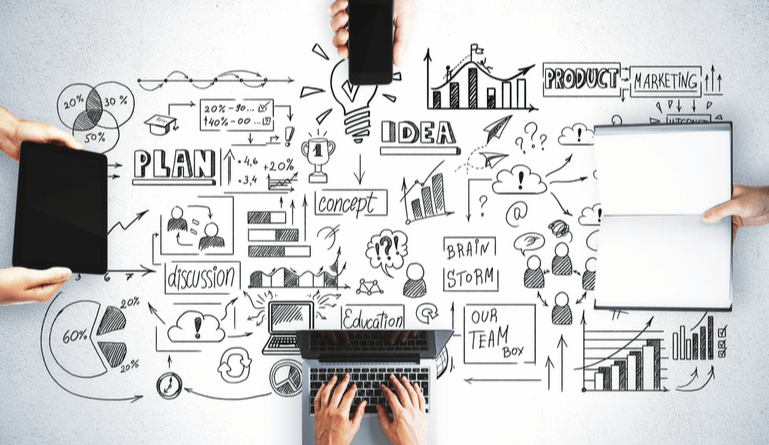By Jill Holtsinger, Vice President, Analytics and Business Intelligence, Data Axle
Looking beyond the disruption the COVID-19 pandemic has sown within the marketing industry, it has also fueled an unprecedented wave of experimentation and adoption of new technology among brands and agencies. Strategies and solutions that were being tentatively explored at the beginning of 2020, in hopes of uncovering new efficiencies and opportunities, are now being catapulted to the forefront of 2021 planning.
Without a doubt, the next 12 months will have a dramatic effect on the brand landscape of the future, as the organizations that invest fearlessly in the next wave of efficient, scalable insights and platforms begin to distance themselves from competitors who continue with “business as usual.”
( Also Read: Create a B2B Marketing Plan In 10 Steps )
Let’s take a look at two areas in particular that are emerging as game-changers within the marketing ecosystem of 2021.
-
Autonomous Testing
In 2021, proper A/B testing is more important than ever, and new and emerging technology solutions are breaking down the barriers to what can be a manual and tedious process. And that’s good news—because the stakes are high.
All of today’s largest tech companies boast websites that change right before your eyes. If you go to Amazon, for example, within 5 minutes you will likely see the interface change because of the company’s testing and refinement strategy. Similarly, Facebook is always rolling out changes within its app, thanks to its process of continual testing and refinement.
A/B testing is an age-old method. If marketing organizations aren’t employing it, they will most certainly be left behind in 2021. Lifelong marketers tend to think of A/B testing as a cumbersome process, requiring designers and developers on staff. But fortunately, these days, new technologies have streamlined the process. There’s simply no reason not to A/B test across all of the most important elements of your customer experience.
A/B testing should inform large and small decisions alike, from simple and cosmetic pieces (CTAs, button colors, etc.) to fundamental elements like page interactivity. Proper A/B testing can identify barriers to conversion and, in doing so, move the needle on the bottom line considerably.
Marketing organizations today can cut out a lot of manual heavy lifting, as well as middlemen, on this process via autonomous testing. Autonomous testing is the ability to create test cases and execute them without human intervention. AI and machine learning are making this a reality by using algorithms, data, and predictive models to analyze web pages and offer a complete breakdown of all well-performing elements.
This enables marketers to create a site that combines all the best-performing features and optimizes conversion rates. Consider autonomous testing to be table stakes for competitive marketing organizations in 2021 and beyond.
-
Natural language processing
Speaking of AI and machine learning, let’s talk about natural language processing (NLP). It’s a concept that’s been discussed ad nauseum within our industry but, on an implementation level, has remained on the fringe of marketing up until now. That’s about to change.
NLP is a branch of AI that learns from the interactions between computers and humans and uses these learnings to read, decipher, and understand human languages. Brands can use NLP to automate communications in a way that makes sense for customers and provides them with a better user experience.
Much like autonomous testing, the latest iterations of NLP can open up efficiencies at scale for marketing organizations that are operating with fewer resources these days.
By harnessing NLP, AI can successfully imitate human speech, form naturally flowing sentences, and give human-to-machine interactions a personal touch. NLP can help AI unlock unstructured data in databases and documents by mapping out essential concepts and values, allowing end-users to use that data for analytics and decision-making. In other words, brands can and should use NLP to advance in the data world and provide a better experience for customers.
For many marketers, autonomous testing and NLP have existed in the realm of theoretical marketing applications for far too long. Today, these technologies have reached critical mass in terms of accuracy, usability, and ease of implementation. As efficiency and scalability continue to be prioritized above all else in the post-COVID era, it’s time for marketers to bring these technologies to the fore in their strategic planning and technology roadmaps




